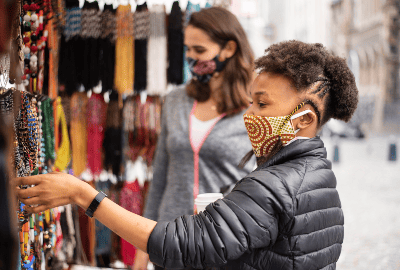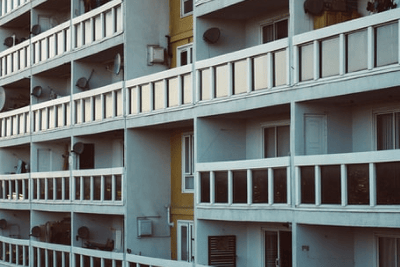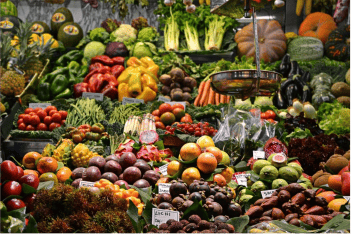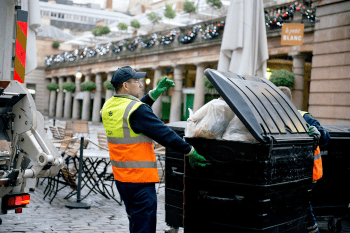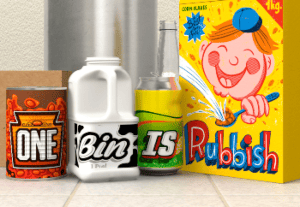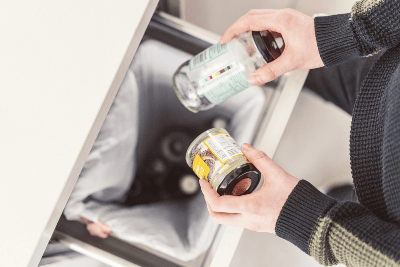Recycling is vital to a circular economy. It feeds materials such as plastics, paper, metal and glass back into manufacturing and reduces the need for virgin materials, saving both money and carbon in the process.
We work closely with London’s boroughs and waste authorities to drive up recycling both locally and regionally, creating actionable insights for councils, businesses and waste management companies to help them recycle more. And for all that to work, it needs engaged, knowledgeable citizens – so we run the Mayor of London’s recycling campaign, ‘London Recycles’, to drive awareness and behaviour change across the capital.

